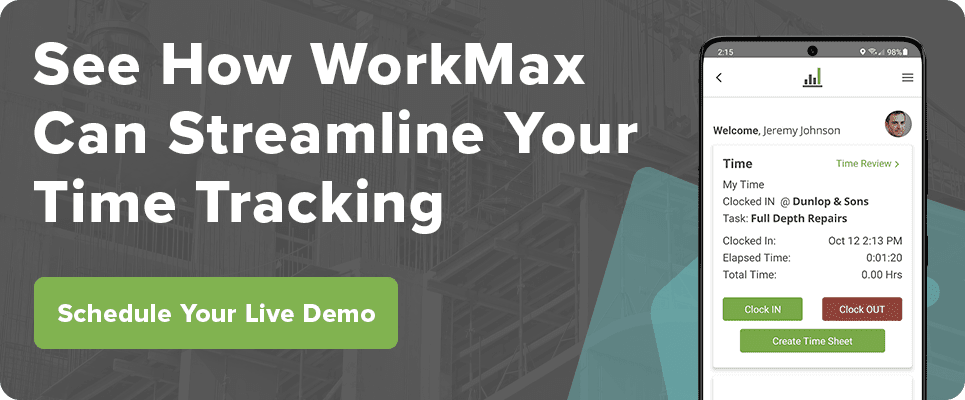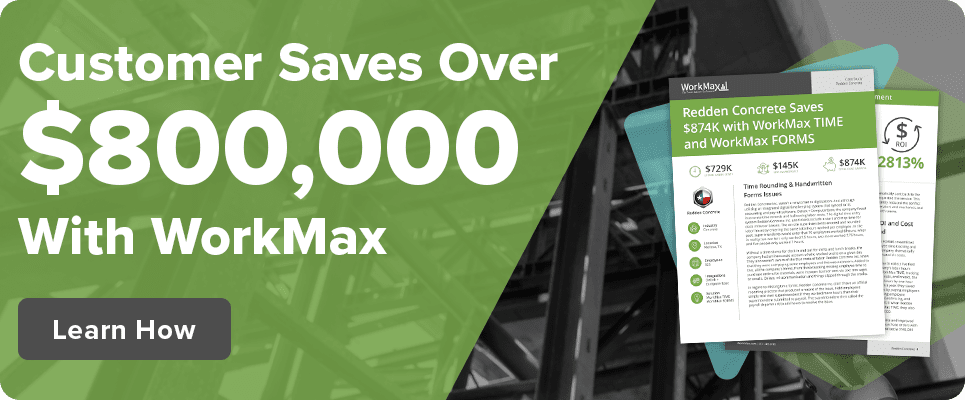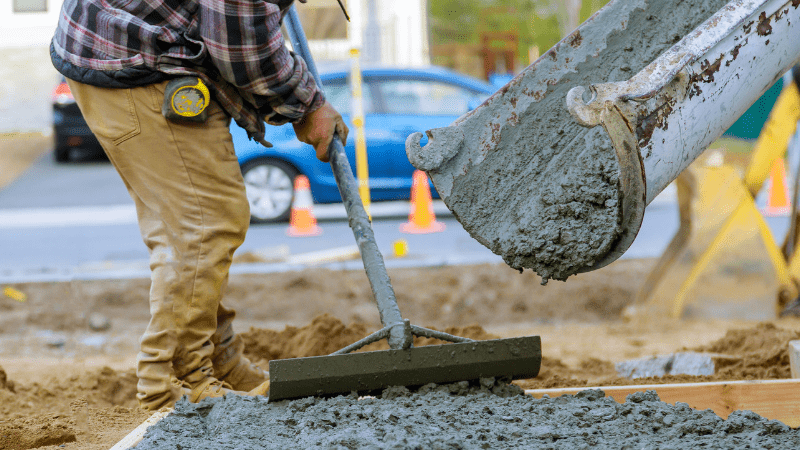Our users reported over 96% customer satisfaction for the last 10 years. Schedule a personal tour of our software to see how we can improve your business’s productivity.
Table of Contents
Share Article
Efficient management of resources and productivity on construction projects is crucial to ensure successful project completion within the predetermined time and budget constraints. One key aspect of this process is tracking units involved in the construction work and implementing robust construction production tracking systems.
In this article, we will discuss why you should track units in production, why it is a pivotal part of productivity on a construction job site and the benefits construction production tracking brings to the table.

Benefits Of Productivity Tracking for Contractors
Improved resource allocation
When you track units in construction, you enable construction managers to allocate resources more effectively by providing real-time data on the progress of different tasks. This information allows project managers to make informed decisions on where to allocate workforce, machinery, and materials, minimizing downtime and maximizing productivity through effective construction production tracking.
Enhanced cost management
Monitoring the production units helps construction managers to track units and keep track of the expenses associated with each task. By doing so, they can identify cost overruns early and take corrective measures to bring the project back on track. Moreover, construction production tracking data helps in refining future cost estimations for similar projects.
Streamlined communication
By keeping track of production units, all team members can stay informed about the progress of the project. This promotes transparency, facilitates better communication, and fosters a sense of accountability among the team members. Ultimately, construction production tracking leads to improved collaboration and productivity on the job site.
Accurate progress tracking
Systems that track units provide a clear picture of the project’s progress, enabling managers to identify areas of concern and address them promptly. This also allows project managers to ensure that the work is being carried out in compliance with the project timeline and quality specifications through comprehensive construction production tracking.
Better risk management
Real-time construction production tracking data on production units allows construction managers to make informed decisions based on the actual progress of the project. This enables them to track units effectively, address issues quickly, change strategies when necessary, and ultimately improve the overall efficiency of the project.
Informed decision-making
Real-time construction production tracking data on production units allows construction managers to make informed decisions based on the actual progress of the project. This enables them to track units effectively, address issues quickly, change strategies when necessary, and ultimately improve the overall efficiency of the project.

Enhanced quality control
Systems that track units enable managers to closely monitor the quality of work being done on the job site. This allows them to identify any deviations from the quality standards and take corrective action before the issue escalates. Construction production tracking not only helps to maintain high-quality work but also contributes to the overall productivity of the project.
The Strategic Value of Construction Production Tracking
In conclusion, tracking units in production is a critical aspect of managing productivity on construction job sites. By providing valuable data on progress, resource allocation, cost management, and quality control, construction production tracking allows construction managers to make informed decisions, reduce risks, and optimize productivity.
Implementing effective tracking systems processes is a necessary investment that ultimately leads to successful project completion and long-term success in the construction industry.

